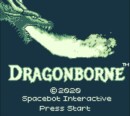
Developer: Spacebot Interactive
Publisher: Spacebot Interactive
Platform: PC, Game Boy
Tested On: PC
Dragonborne – Review
Nostalgia is a powerful tool that can make players instantly bond with a game. A first RPG experience, a favorite character or tune; references to these can be shortcuts to engagement. That said, there are cases where banking on nostalgia can hold a game back from improving on outdated game systems, with the following game being one of such titles. Dragonborne failed to impress us with its nostalgia factor.
Story
Dragonborne’s story takes place in the world of Argon, where players take the control of Kris as he searches for his father Kurtis, the region’s greatest dragon slayer, who has mysteriously vanished. In order to do so, Kris will have to explore lands filled with monsters and the evil Dragontooth gang, brought by the awakening of the dragons.
The game’s story is absurdly weak, with little to no hook or charm to it. Major plot points are delivered through random exposition dumps coming from unexplained or unknown characters. A good example of this would be when, while looking for the first 5 dragon scales, players encounter a man who proceeds to blurt out all of Kris’ back-story.
Combined with this, Dragonborne tends to railroad players with menial tasks that are completely unrelated to the main story in order to progress. All too often, no direction will be given for completing these essential chores, requiring players to check with every random NPC for possible help.
Graphics
As expected from a game made with GB Studio for the original Game Boy and later ported to PC, Dragonborne’s graphics are fitting for the era it attempts to recreate. Everything in the game is made out of a few different shades of green and black, mainly ranging from dark green to yellowish light green. Throughout the game, several different environments are featured, although they often contain large amounts of reused assets, making them rather samey. That said, the overall quality of the assets is still very authentic.
Sound
Surprisingly enough, Dragonborne’s sound design is pretty decent, at least when referring to its chiptune soundtrack. That said, even then some of the different songs tend to have issues with their pitch and grating notes sustained for so long that the game seems to be bugging out. The SFX are alright at best in comparison, mostly fitting but generally repetitive and sometimes too loud compared with everything else.
Gameplay
Similar to the games it attempts to emulate, Dragonborne belongs to the RPG genre, although it contains few of the things other games in the genre offer. The main gameplay loop revolves around exploring small sets of areas in order to find whichever item or items may be required to progress, more often than not having to defeat some enemies in the way.
During these combat sections, players will have several options at their disposal, including a basic attack, usable items, magic and an alternate attack. Despite being seemingly different, both attack types and all offensive spells end up being the same thing: upon using one of them, a small animation will play and damage will be dealt, with each of the attack types dealing more or less damage to certain enemies.
In each of these battles, the loop will soon enough become a mindless spam of attacks with some healing spells or potions thrown in-between to prevent death. Although critical strikes do exist, they come at random and only change the amount of damage dealt, with no strategy involved. Already being repetitive enough in itself, the combat system becomes even more of a slog when players are pitted against hordes of enemies, which occurs in every other area.
As usual in the genre, upon finishing a battle the players won’t heal, requiring them to use their potions or rest at an inn. While this may seem simple enough, the game definitely doesn’t make it as such, with players only being able to chug a potion at a time and having to backtrack to town in order to buy more. The inn system also suffers from this latter issue, with inns only existing in towns, forcing players to constantly backtrack.
To top it off, the money required for both resting at the inn and purchasing potions is hard to come across as combat gives measly amounts of it and other sellable items are few and far between. The only reliable source of income the game provides soon becoming fishing or playing rock-paper-scissors, with the first being a random chance upon triggering the prompt and the latter an annoying minigame which will still be outshined by a few minutes of fishing.
Throughout Dragonborne’s world, players will also encounter puzzles; most of them simple rock pushing ones. Any other challenge that may be encountered will only come from the awful progression system, which will prompt players to find whichever MacGuffin is required to progress, more often than not being held by a random NPC. The constant backtrack, both to heal and to find these NPCs, are only made worse by the utterly sluggish movement speed and constant empty screens found in the game. Later on in the game, players will obtain certain types of magic that able to interact with the overworld, but similarly to the rest of systems, it will remain shallow and seldomly used.
Conclusion
While it is clear Dragonborne is a love letter to classic games, the systems it provides are far behind those of the games it attempts to emulate. Other than a shallow nostalgia grab, this game offers little to anybody interested in playing it, with much better games of the same style being available. At a staggering 13,29€/£12.00/$15.99 selling point, Dragonborne may only be a good purchase under a hefty sale.
Personal Opinion
“As someone who grew up playing the kind of games Dragonborne attempts to emulate, I can only say it took the worst features out of those games and threw them together. With a pointless story, bad combat, slow movement, constant backtracking and few explanations of the requirements to progress, Dragonborne is a complete slog to play through. After playing it for a while I could no longer bear putting up with the boredom it was filling me with, so I started Cheat Engine, cranked speedhack to x10 speed and played like that. Although it didn’t make the game better, at least it became somewhat more entertaining. Funnily enough, as I mentioned during the graphics section, the PC and steam versions are direct ports of the GB one, meaning the game also lacks any Steam-related features such as built-in screenshots. Adding insult to injury, when I first tried to take screenshots with f12 after playing for a while, the game crashed and deleted my saved progress, forcing me to restart.”
Dragonborne - Review,
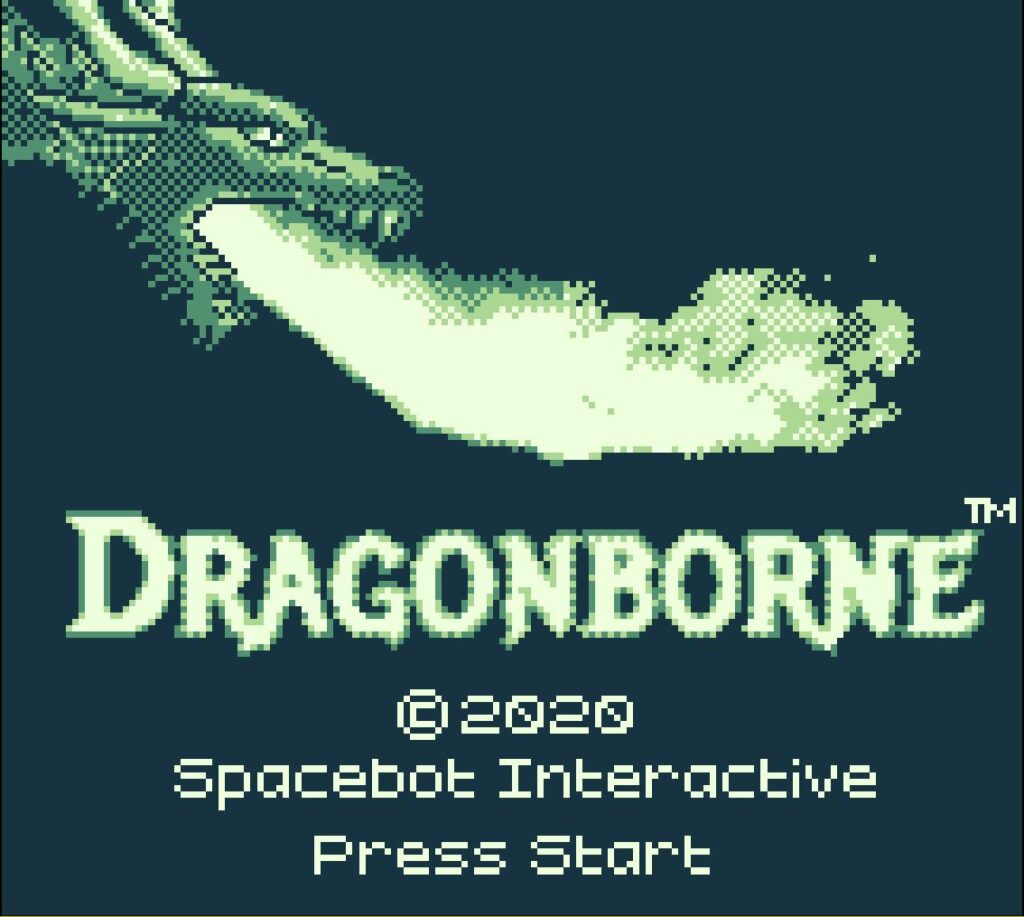
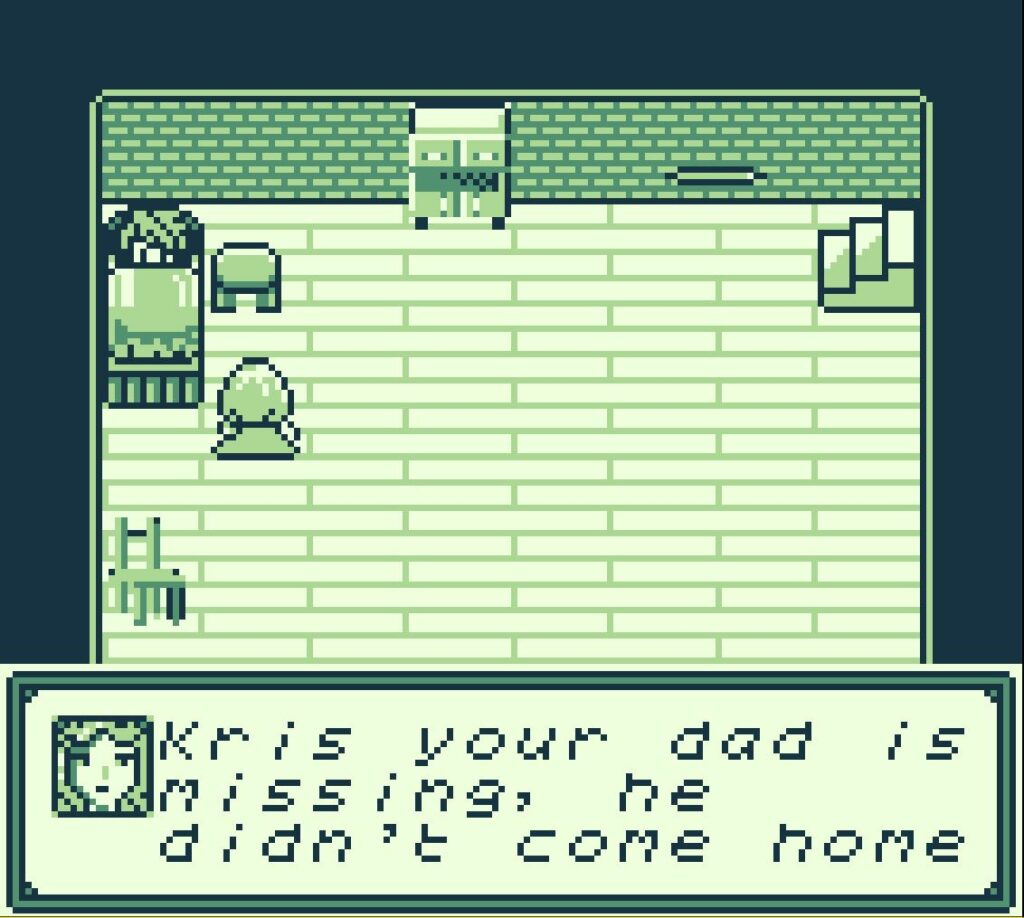
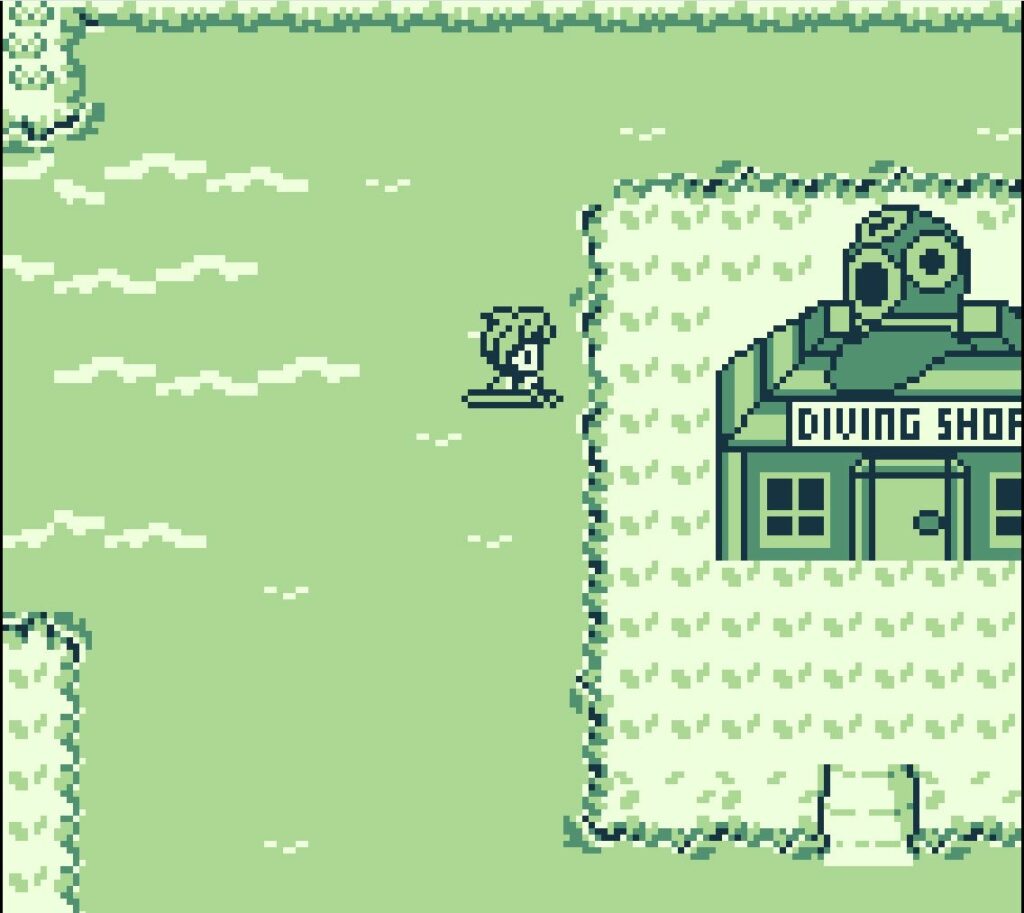
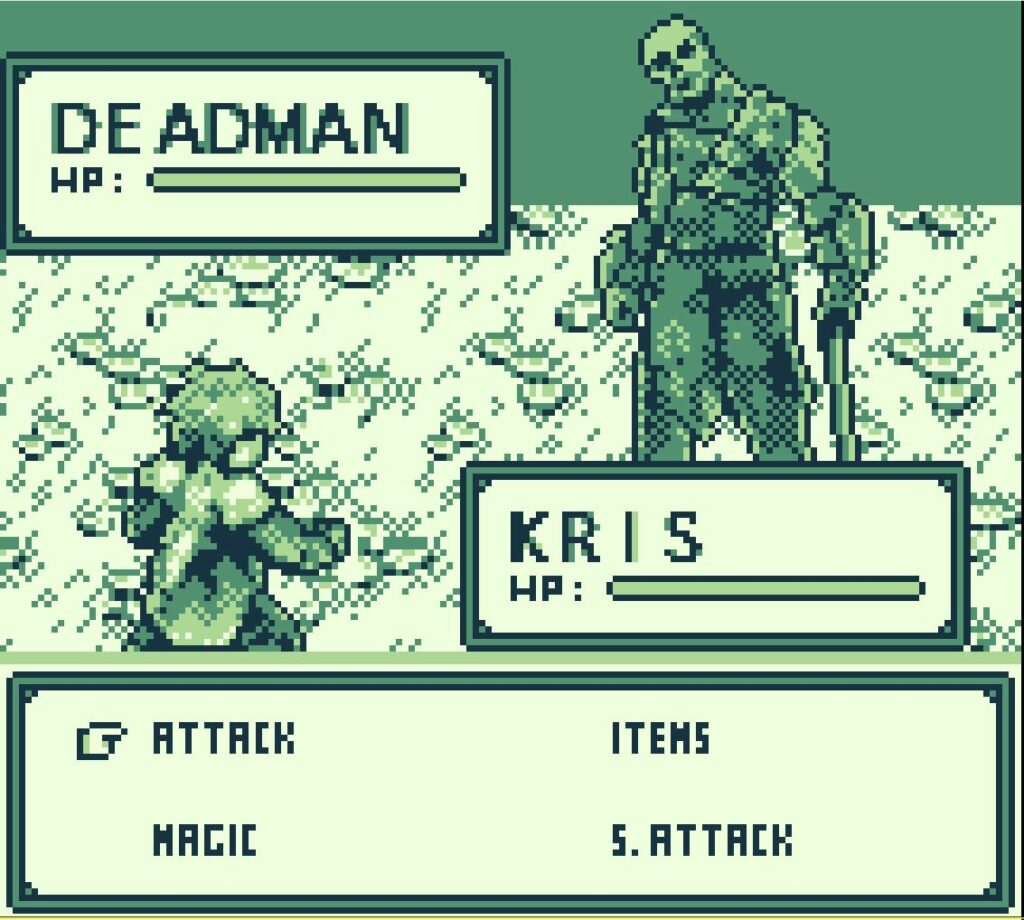
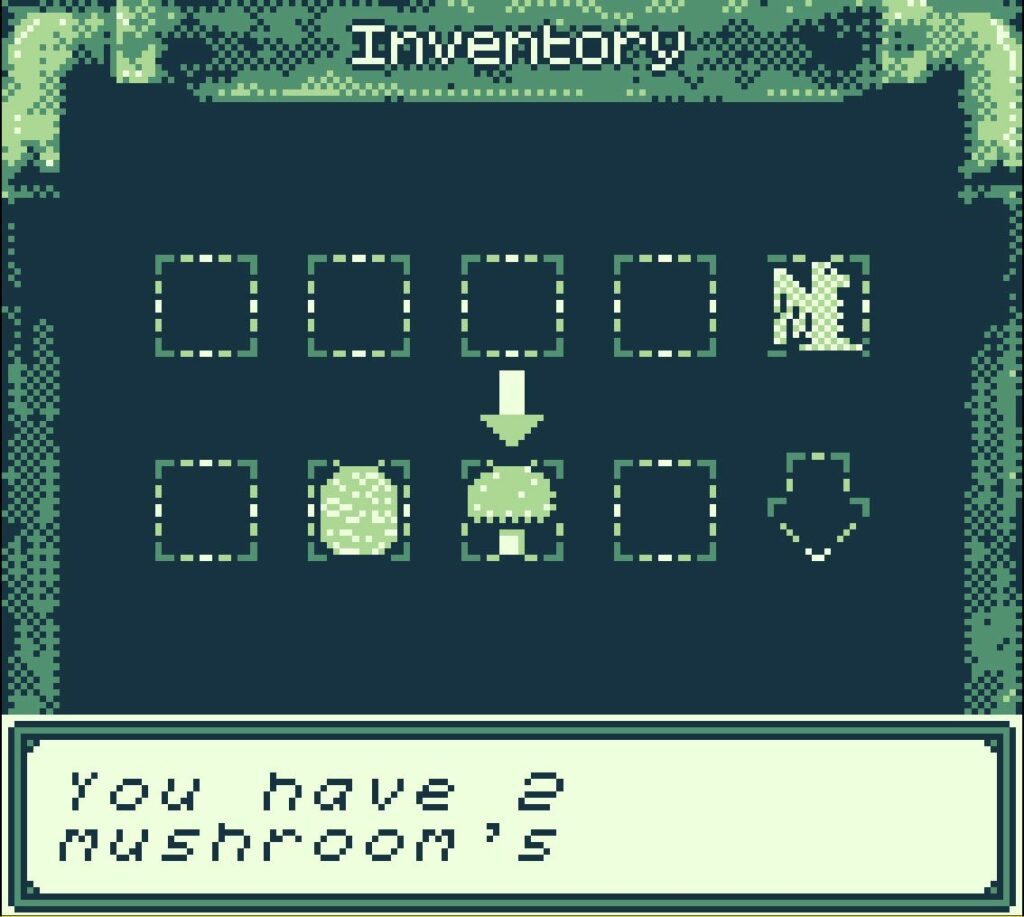



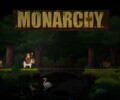
No Comments